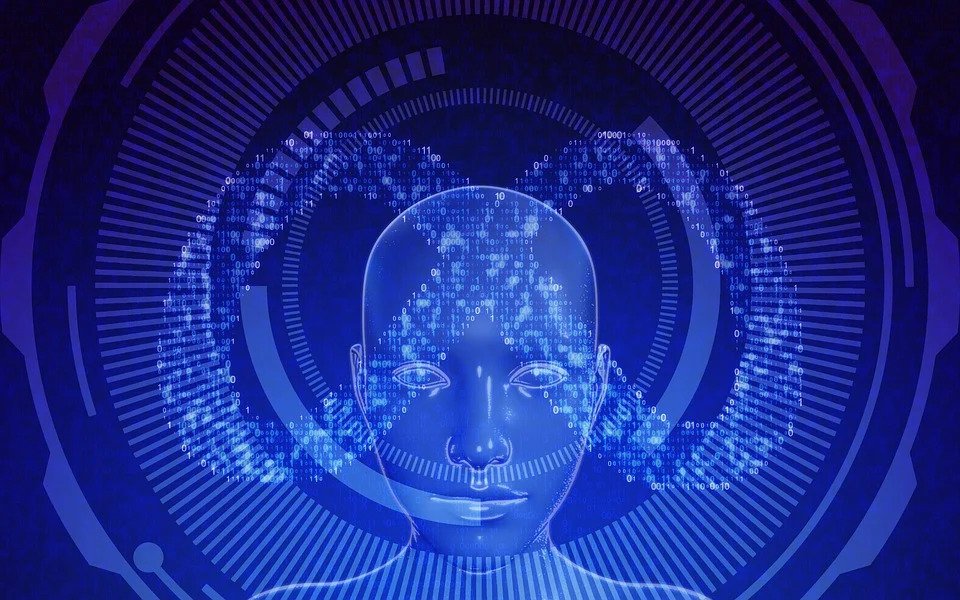Understanding Memory: A Primer
Memory is the cornerstone of our existence, shaping our past, present, and future. It’s the repository of our experiences, emotions, and knowledge, guiding our decisions and actions. However, navigating memory challenges can be akin to traversing a labyrinth, filled with twists, turns, and dead-ends, much like the complexity of understanding and integrating components like 813195-b21 in technical systems.
Types of Memory
Sensory Memory
This is our initial perception of sensory information, lasting only a fraction of a second. It’s like a snapshot of the world around us.
Short-term Memory
Short-term memory, or working memory, holds information temporarily, allowing us to manipulate and process it. It’s where we store phone numbers before dialing or remember a shopping list while in the store.
Long-term Memory
Long-term memory is the vast reservoir of our past experiences and knowledge. It’s divided into explicit (conscious) and implicit (unconscious) memories, shaping our identity and behaviors.
Common Memory Challenges
Forgetfulness
Forgetting is a natural part of the memory process, but frequent or severe forgetfulness can disrupt daily life. It may stem from various factors like aging, stress, or underlying health conditions.
Memory Disorders
Conditions like Alzheimer’s disease, dementia, and amnesia can impair memory function, posing significant challenges to affected individuals and their caregivers.
Strategies for Memory Enhancement
Stay Organized
Maintain a structured routine, use calendars and planners, and keep important items in designated places to reduce forgetfulness.
Practice Mnemonics
Mnemonics are memory aids that use vivid imagery, acronyms, or rhymes to encode and retrieve information more effectively.
Stay Active
Engage in regular physical exercise and mental activities like puzzles, reading, or learning new skills to promote brain health and memory function.
Seeking Support
If memory challenges persist or significantly impact daily life, it’s essential to seek support from healthcare professionals. They can provide diagnostic evaluations, personalized interventions, and support services to navigate memory difficulties effectively.
Conclusion
Memory is a complex and integral aspect of human cognition, influencing every facet of our lives. By understanding its intricacies, acknowledging common challenges, and implementing effective strategies, we can navigate memory realities with resilience and empowerment. Remember, while memory may falter at times, the journey of exploration and adaptation continues, shaping our ongoing narrative of existence.





